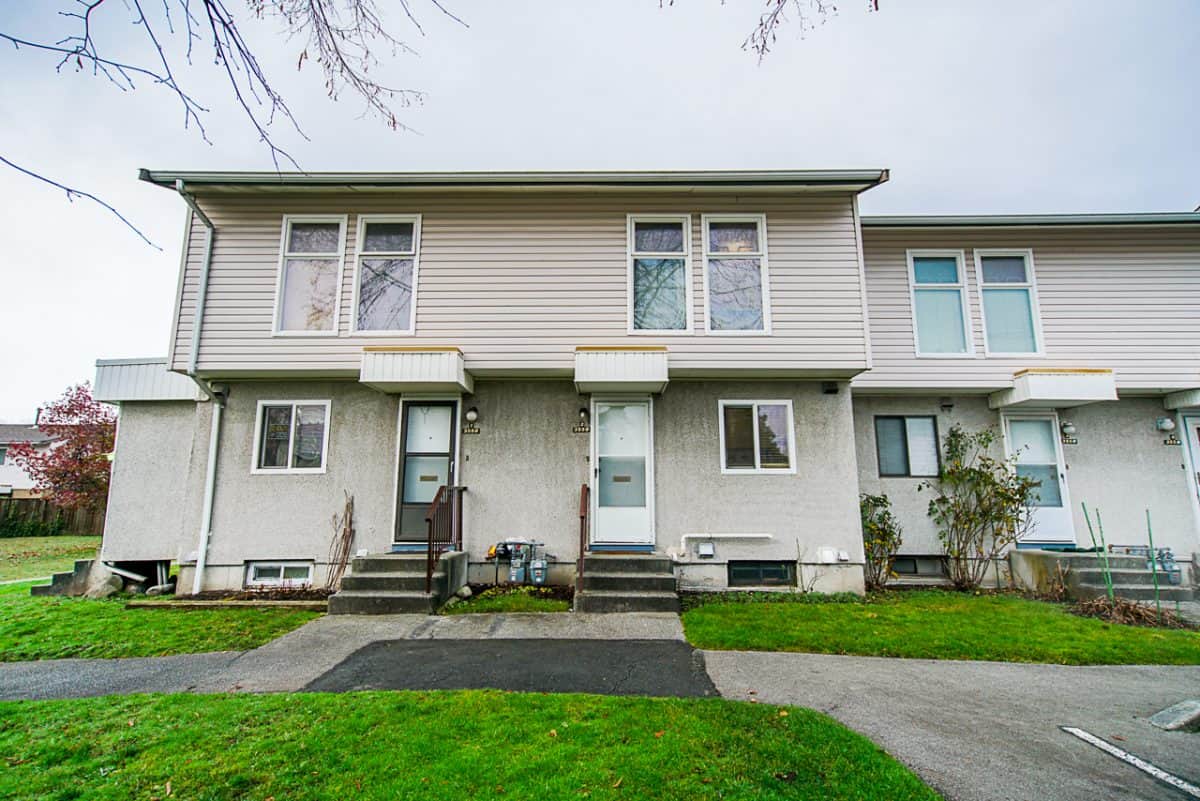
For most Canadians, purchasing a home is the biggest investment that they will ever make. Whether it is a starter space or your forever home, buying property is not as simple as pulling out a wallet and swiping a card. With sky-high housing prices all across the country, it is unrealistic to buy anything other than a doll house in cash – and that is where mortgages come in. Mortgages are never guaranteed but there are a few ways to help yourself stand out as a great applicant.
Checking MLS listings or attending open houses are the more fun parts of the house hunting process but it is not the first (or last!) step to finding your home. Finding a house that you love is great but it can also be incredibly disappointing to discover that it is outside of your budget. Having a pre-approval notice makes quick action possible when you do find the ideal space.
The Purpose of Pre-Approvals and How To Be A Great Applicant
Getting a pre-approval is not always easy but there are a few simple steps that you can take to increase your chances and even your budget. From a lender’s perspective, each mortgage is an investment so they are concerned with protecting themselves from non-payment. The best offence is a great defence and that is the purpose of pre-approvals. By vetting mortgage applicants before loans are given, lenders can have peace of mind and borrowers have a better idea of their borrowing ability with the least amount of risk involved.
When seeking out pre-approvals, set yourself up for success with a few simple steps:
Check Your Credit Score: Credit scores are useful tools for both borrowers and lenders. These quick snapshots offer up a view of an applicant’s financial health. By viewing a credit score and history, lenders have an idea of your ability to make payments, as well as your trustworthiness. The better your credit score, the better the interest rate that you have access to. Everything from late payments and overall debt levels will appear on these reports.
Grow Your Down Payment: The higher your down payment, the less money you will have to borrow and the more likely you are to be approved. In fact, having a down payment is also a condition of getting a mortgage at all. While a higher down payment is great, a lower down payment can also mean needing mortgage loan insurance, which contributes to higher monthly payments.
Pay Down Existing Debts: Having existing debt is a major contributor when applying for a pre-approval. Outstanding debts can impact your ability to make monthly payments. This is true whether you are looking to take on a mortgage alone or with a partner. Debt-to-income ratio is a major consideration when taking on a large loan. Lenders will consider credit cards, lines of credit, student loans and recurring payments like vehicle financing. These balances don’t have to be zero but the lower that they are, the better your application will look.
Keep Stable Income: A full-time job ensures that there is consistent income coming in and ensures that applicants will be able to pay their bills on a regular basis. Income stability is key, particularly in an unstable economy. Finding permanent work is an advantage, even if it is part-time. Self-employed applicants have to try a bit harder to prove their income, providing several years worth of financials to be able to prove themselves be a good investment.
Keep your credit score high, your existing debt low and your down payment as large as possible. These are great rules of thumb for everyday living but particularly when you are hoping to buy a home!